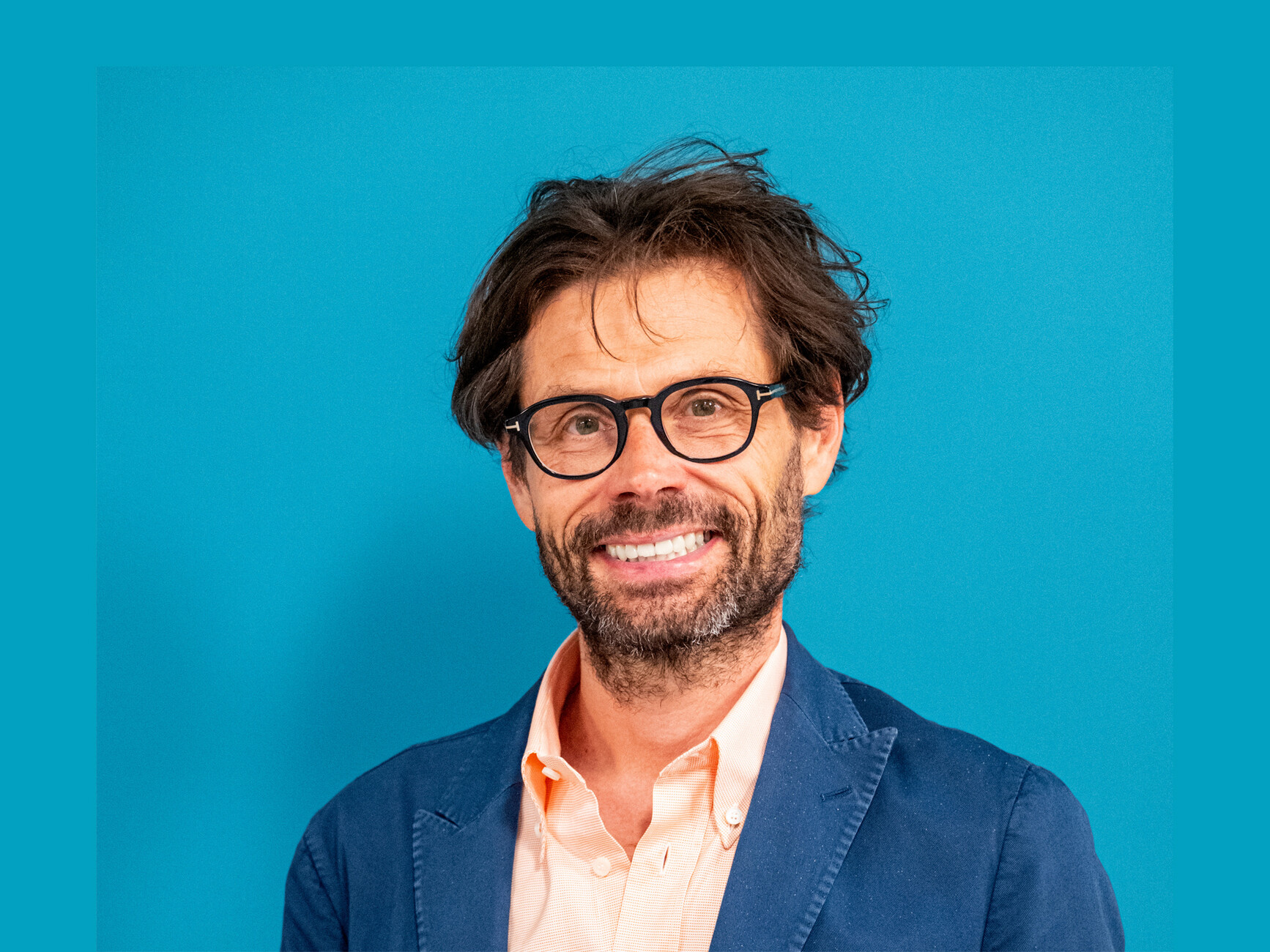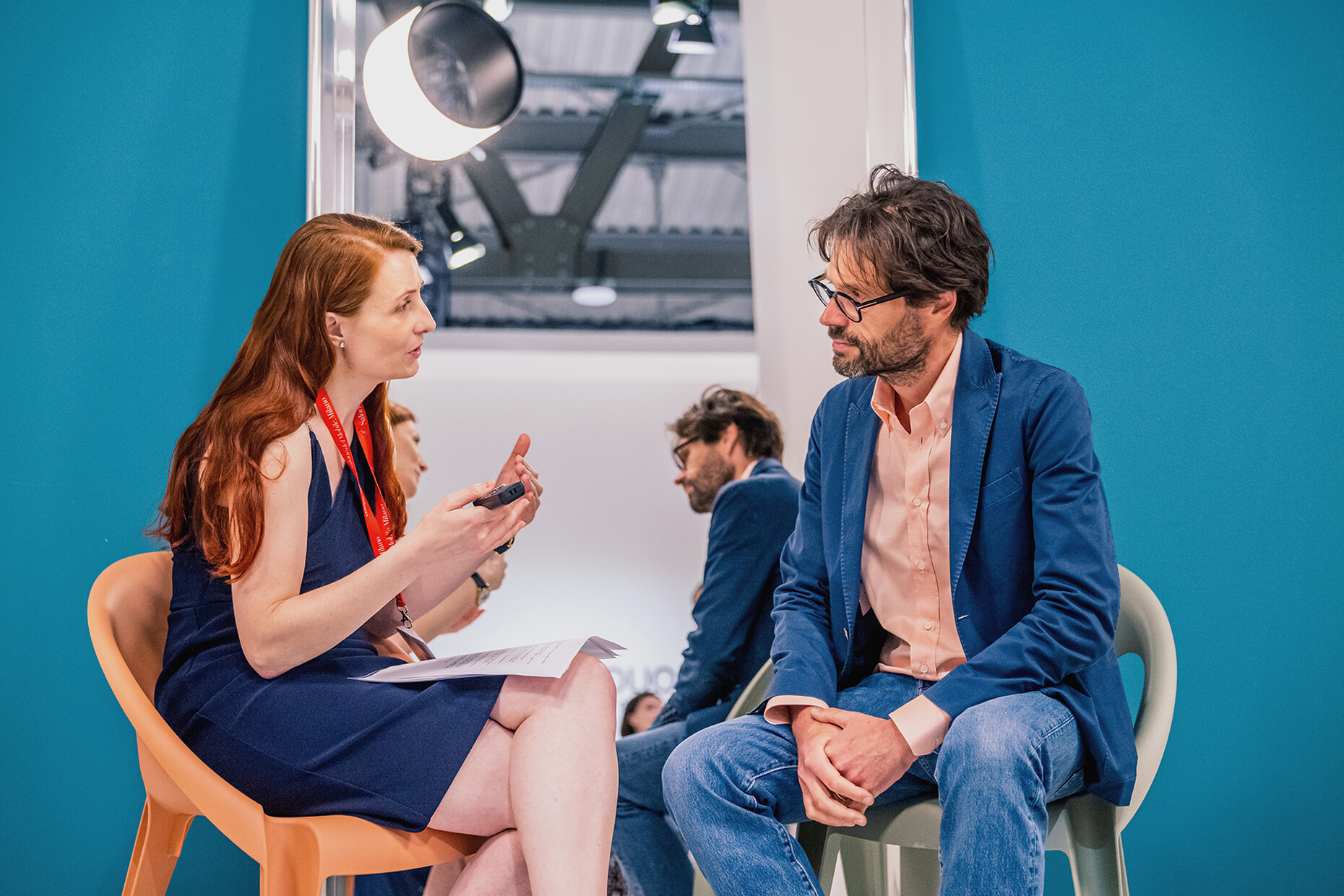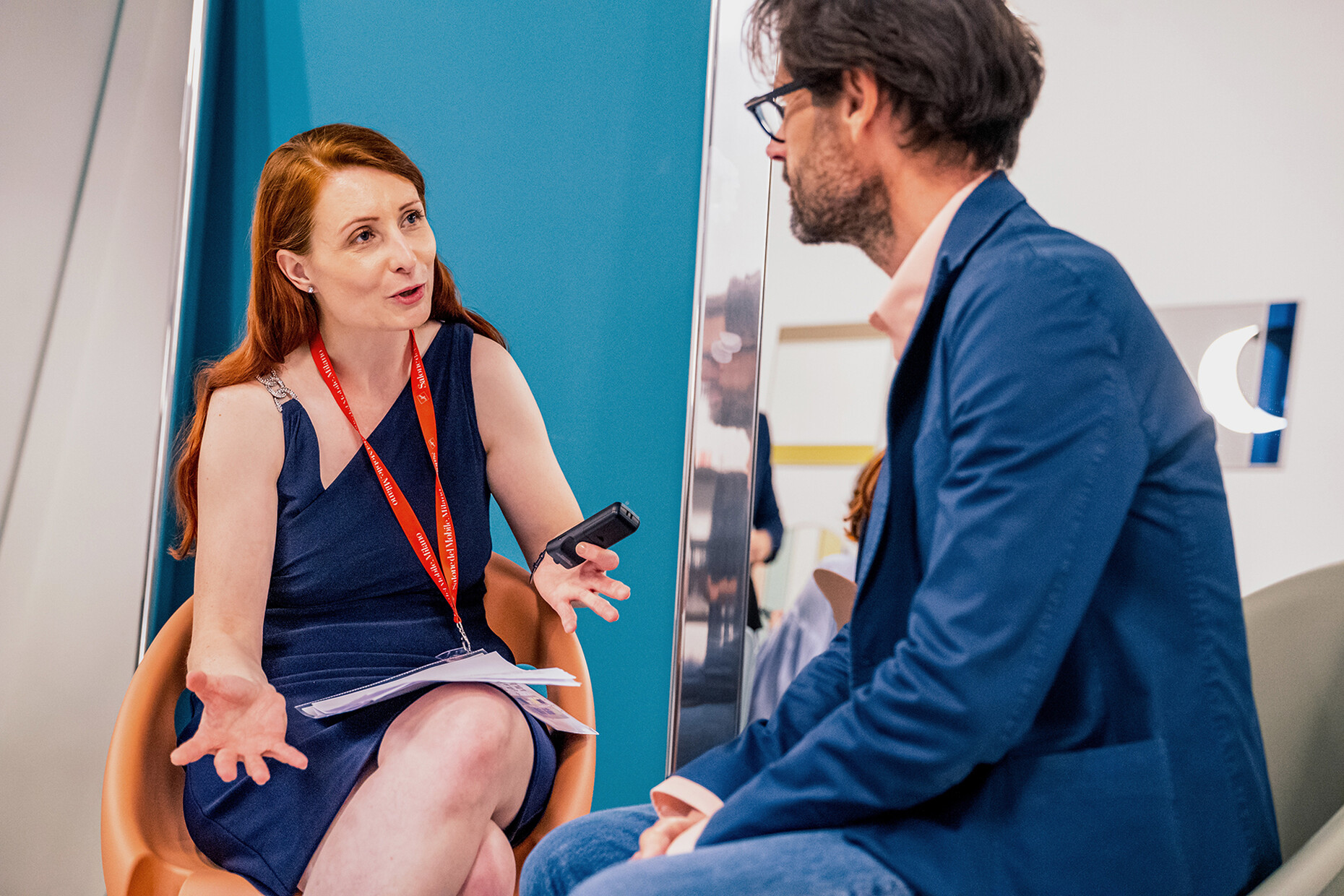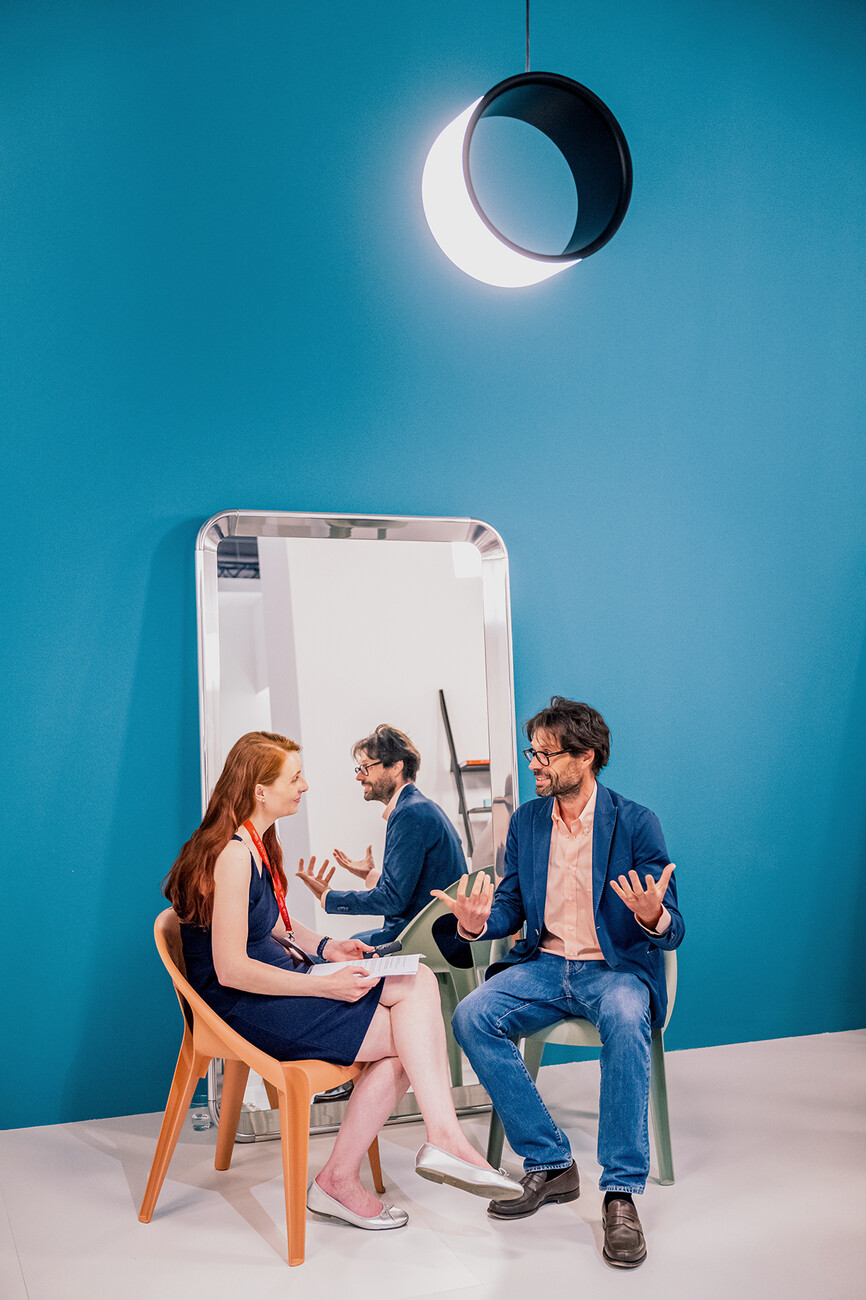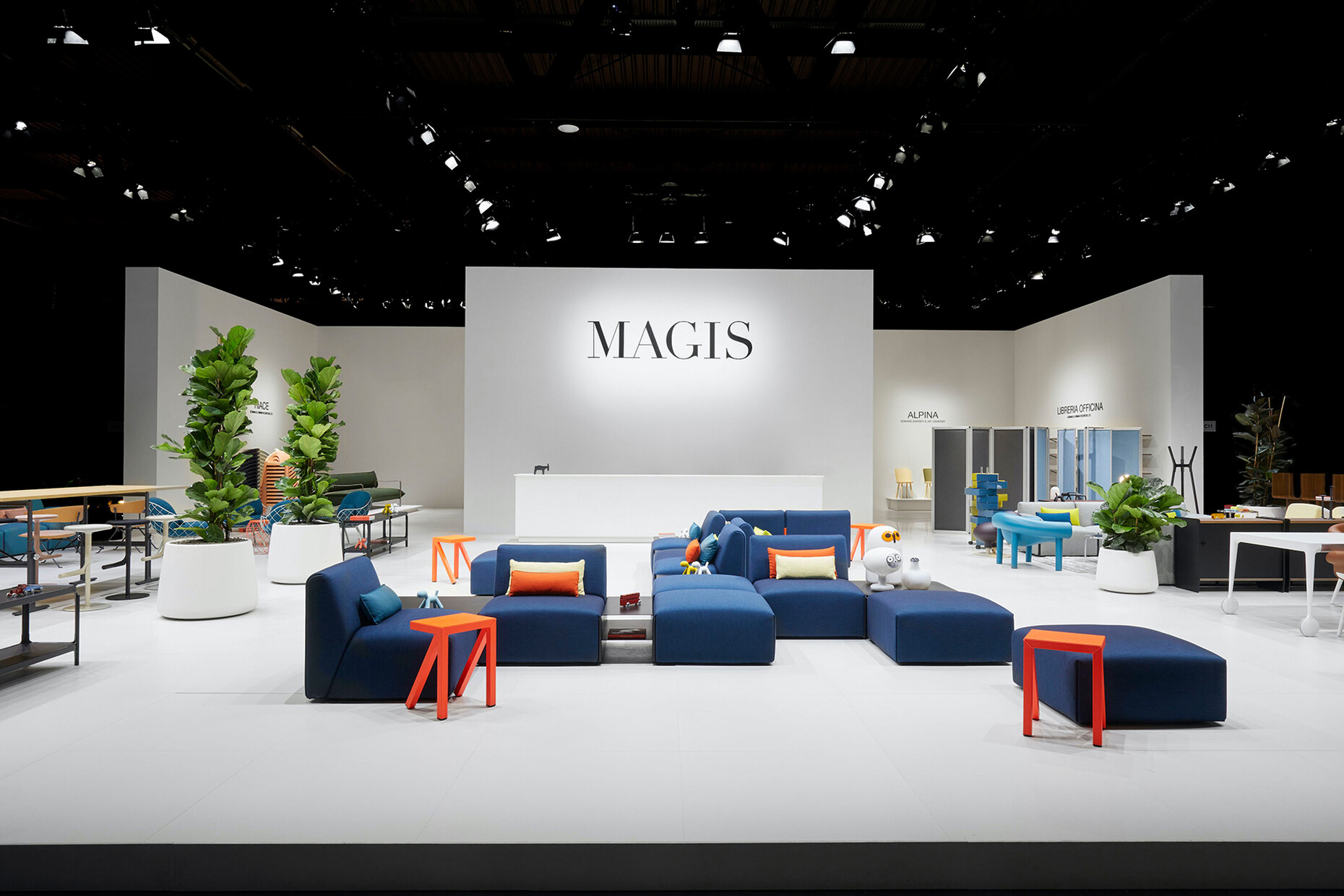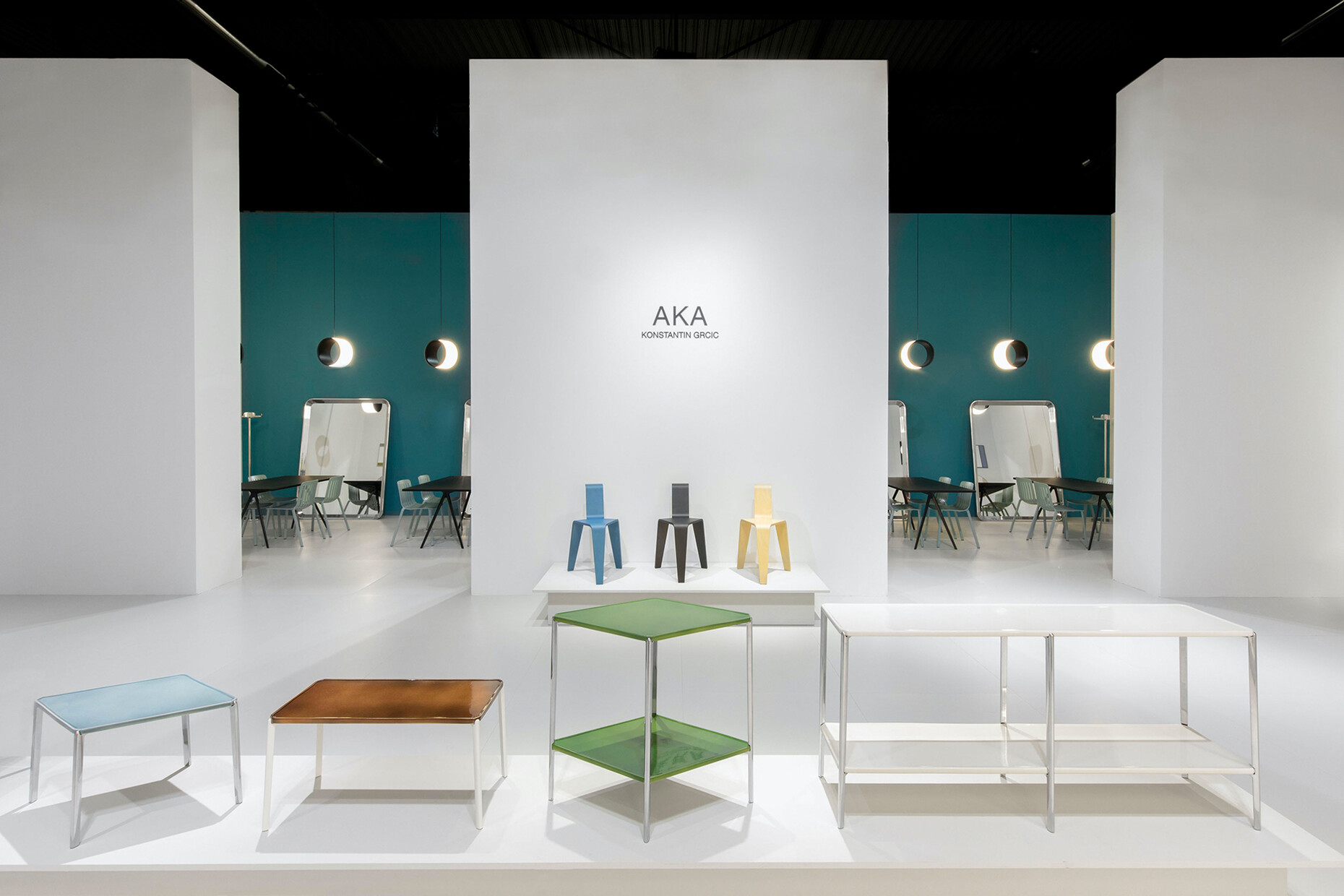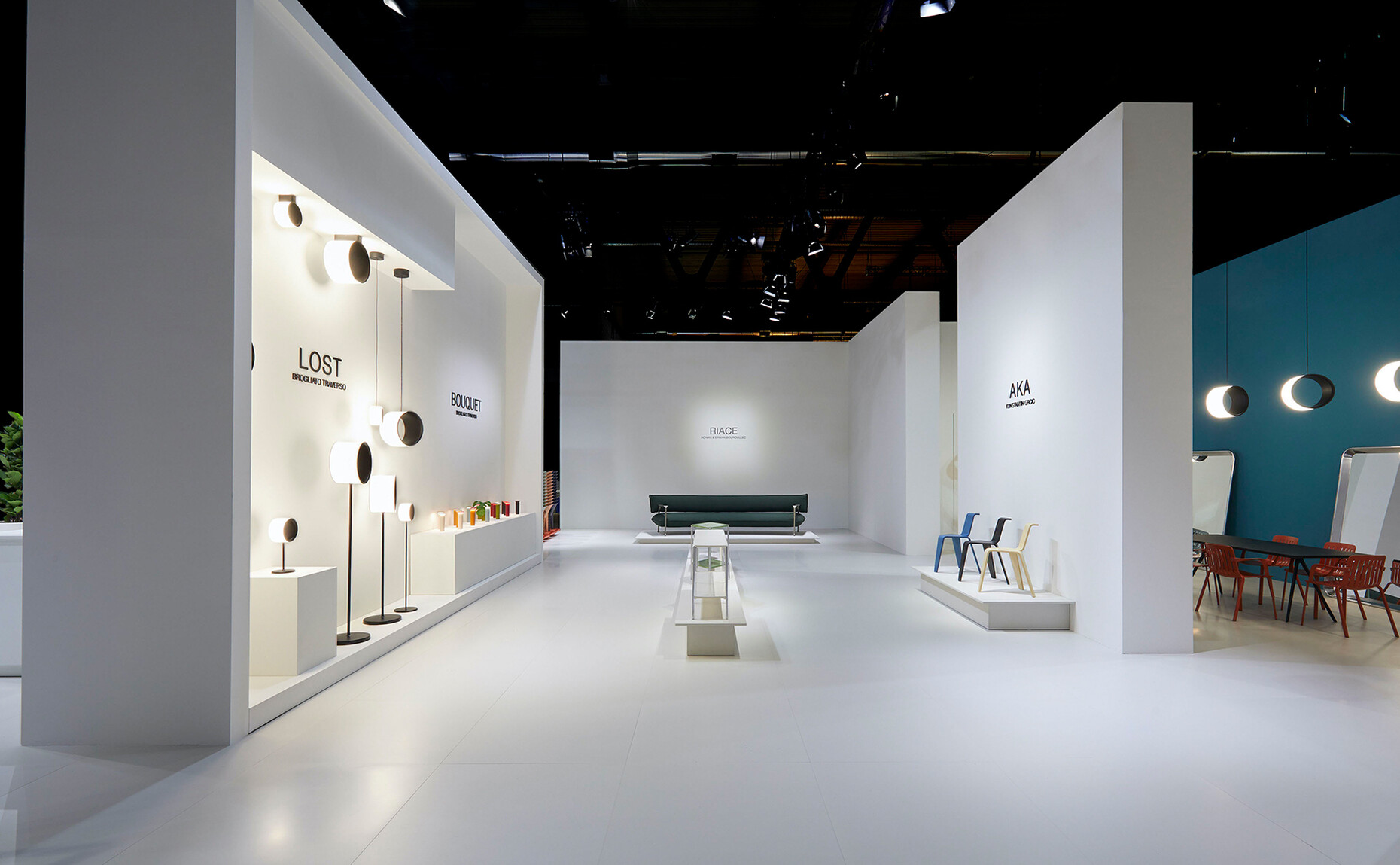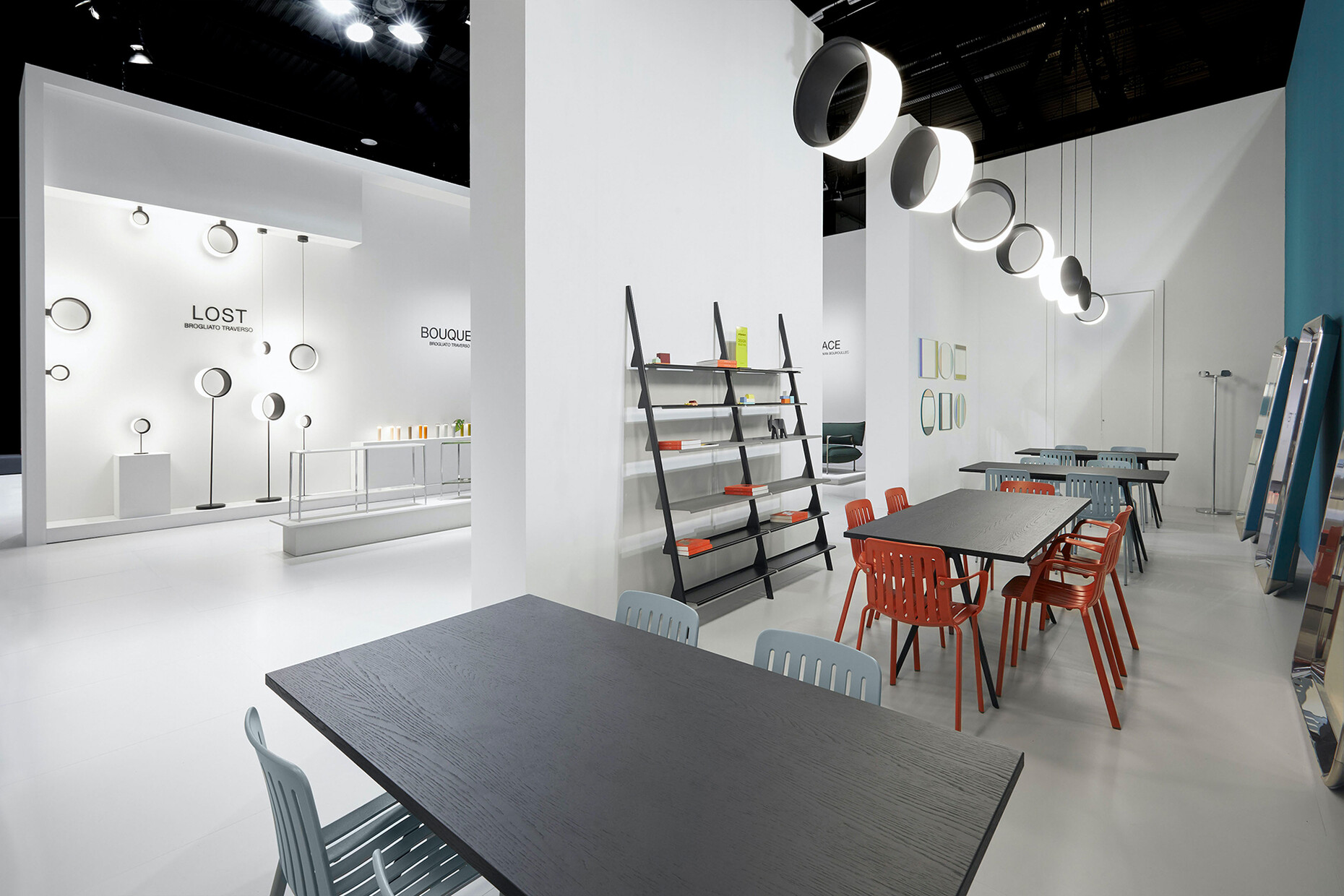Always a step ahead
Anna Moldenhauer: Alberto, the Latin word "magis" means "more than". What does Magis currently want to offer in the field of design that is more than what we currently know?
Alberto Perazza: I would say the "more" is to be found in our ideas, in our own definition of design. How we put things together and in which directions we think. To offer this "more" is certainly also a challenge, every time anew.
The joy of experimentation and the combination of proven craftsmanship and new technology are part of Magis' DNA. What is the fascination of this for you?
Alberto Perazza: As a design company, Magis is fundamentally very technology-oriented. We are fascinated by the possibilities that arise when experimenting with the material and explore different creative directions. We like to work together, because nowadays design has a lot to do with teamwork. There are many non visible people which play an important role in turning an idea, a project into a real product, e.g. model makers, engineers, production partners and – of course - employees as well. These are the professionals behind the scenes, but very important and part of the team. The energy that generally drives us forward also comes from the team. The close cooperation with us as manufacturers is also a central point for the designers who work with us.
What technologies or materials are you currently researching?
Alberto Perazza: We are currently working on different levels: Among other things, we are researching injection moulding and the development of recycled or bio-based plastics. At the same time, we are working and experimenting with more traditional, handcrafted products. This is also the core of Magis: products made with sophisticated technology and craftsmanship. This year, for example, we are presenting a new chair design by Barber Osgerby and a sofa by Ronan and Erwan Bouroullec.
Magis is very clear and direct in its design language. There are no unnecessary flourishes, it's all about the essentials. Why is that important for you?
Alberto Perazza: I think the design language goes back to our definition of design. We work the ideas right down to the core. If there is no central idea, it's just an exercise in style - and we try to avoid that.
In 1996, together with your wife Barbara Minetto, you joined the company that your father founded in 1976. What was important to you both for Magis back then and what is it today?
Alberto Perazza: When I joined Magis, I had no direct background in design or architecture. My interest in these topics was awakened when I accompanied my father to some meetings with designers. I found the conversations about design and the collaborative creative process very inspiring and was keen to get involved. My way into the company became more of an organic process and it is a great honour for me to work with the different designers - both established creatives and young designers.
Sustainability in design is much discussed in the industry. I read that you believe that there is no such thing as a "bad" material, but rather that how one uses materials like plastic in design depends on one's attitude. How would you exactly define your positioning on the issue of sustainability?
Alberto Perazza: For me, sustainability is first and foremost about making products that are durable and do not follow trends. In addition, there are social aspects - a responsibility that one bears towards society by developing a holistic approach to design. For example, we manufacture a large part of the products directly in our own region and have them certified according to European and US standards.
Magis has been working with the designer Konstantin Grcic for many years. How has he influenced Magis?
Alberto Perazza: Our first cooperation started in 2001, so Konstantin has been working with us for more than 20 years. We enjoy this collaboration very much, because the communication and the exchange of ideas is wonderful. He thinks with the mind of an industrial designer, and this clear way of seeing processes and designs is perfect for us. Moreover, I think he also matches our approach to design. Konstantin has designed great products for Magis and we also have a lot of ideas in the pipeline. When we work together, there is automatically a lot of creative energy. We understand each other right away, we speak the same language, so to speak.
This year, Magis is presenting the new "AKA" chair by Konstantin Grcic. What do you want to convey with the design?
Alberto Perazza: Thankfully, we were able to continue working and finalise new products even during the pandemic. The Salone del Mobile is very important for us as a platform, because in our industry it is crucial to be able to present products away from a screen - such as the "Bell Chair" by Konstantin Grcic, which we launched in the middle of the pandemic and which will now be on show for the first time. Another example is the final "Costume" sofa by Stefan Diez, of which we have only been able to show prototypes so far. It's about the ideas behind the products and the different approaches that we bring together at Magis.
I once read that your father Eugenio Perazza described Magis' philosophy as "unique and universal". How does Magis manage to be unique and universal at the same time?
Alberto Perazza: This sounds contradictory, but it is not, because we create industrially manufactured products that are, at their core, designed by craftsmen. The authentic handicraft production thus prevails over the industrial part to determine the overall expressive quality, the aesthetics of the object. The universal thus results from the industrial aspect of production, the unique is rooted in the artisanal aspect.
In which direction would you like to set sail for Magis in the future?
Alberto Perazza: It is still about optimising the trio of sustainability, experimentation and technology. To this end, the different approaches of the designers should continue to harmonise well in the future. We are already working on the next chapter for Magis.
